Saudi oil refinery output drops following Yemeni drone attack: Energy Ministry
The output of Saudi Arabia’s oil refinery in the city of Yanbu has dropped temporarily after an overnight drone attack by the Yemeni resistance movement Ansarullah, Saudi state news agency, SPA, quoted the country's Energy Ministry as saying.
Citing a source at the Saudi ministry, SPA reported on Sunday that the refinery, known as Yasref or Yanbu Aramco Sinopec Refining Co., will compensate for the shortfall from its stockpiles.
The Saudi Energy Ministry announced subsequently that drone strikes hit a petroleum products distribution terminal in the southern Jizan region, a natural gas plant, and the Yasref refinery in the Red Sea port of Yanbu.
The kingdom had earlier claimed that its air defenses had shot down all Yemeni drones and damages were limited to some civilian structures.
The Saudi-led coalition said in a statement following the attacks that it had intercepted and destroyed ballistic missiles launched towards Jizan as well as nine armed drones targeting other areas in the kingdom.
“The assault on Yasref facilities has led to a temporary reduction in the refinery's production, which will be compensated for from the inventory,” it said, according to Reuters.
Earlier on Sunday, the spokesman for the Yemeni armed forces announced a new round of retaliatory attacks against Saudi Arabia.
Speaking at a press conference in the capital Sana’a on Sunday, Brigadier General Yahya Saree said the Yemeni armed forces targeted a number of vital targets inside the kingdom with the aim of breaking its siege against Yemen.
“The armed forces carried out the second phase of [Operation] Breaking the Siege by bombing a number of vital and important targets in the areas of Abha, Khamis Mushait, Jizan, Samtah, and Dhahran Al-Janoub with a group of ballistic and winged missiles and drones,” Saree said via Twitter.
1-The armed forces carried out the second phase of breaking the siege by bombing a number of vital and important targets in the areas of Abha, Khamis Mushait, Jizan, Samtah and Dhahran Al-Janoub with a groups of ballistic and winged missiles and drones.
— Yahya Sare'e (@Yahya_Saree) March 20, 2022
He further announced that the Yemeni armed forces plan to carry out “special military operations” against sensitive targets that “the criminal enemy [would] never think of” in order to break the unjust siege.
“The armed forces announce that they have integrated targets within a special target bank that includes a large number of vital targets that may be targeted at any moment,” Saree warned.
3- The armed forces announce that they have integrated targets within a special target bank that includes a large number of vital targets that may be targeted at any moment.
— Yahya Sare'e (@Yahya_Saree) March 20, 2022
“The armed forces warn the criminal enemy of the consequences of the continuation of the brutal siege on its facilities and economic projects,” he added.
On March 11, the Yemen spokesman announced the success of the first phase of “Breaking the Siege” operation, saying it was conducted in response to intensified Saudi aggression and its barring of fuel ships from entering the impoverished country.
At the time, Saree stated that the Yemeni armed forces conducted drone strikes against the Saudi Aramco facilities in Riyadh, Yanbu, Jizan, and Abha, as well as other sensitive positions in the kingdom.
The Saudi-led military coalition has lately ramped up its airstrikes against various regions across Yemen, tightening the siege and preventing the entry of fuel tankers.
In response, the Yemeni armed forces have already concluded three “Yemen Storm” operations against Saudi and Emirati depths with ballistic missiles and drones.
Saudi Arabia launched the war on Yemen in March 2015, leading a military coalition consisting of its regional allies, including the UAE, and supported by major Western powers, especially the United States.
Although the kingdom estimated at the beginning of the war that it would come out victorious within just a few weeks, the war has continued for seven years, leaving hundreds of thousands of Yemenis dead and displacing millions more.
United Nations Secretary-General Antonio Guterres warned last Wednesday that nearly four million Yemenis in major cities may now lose access to safe drinking water in the coming weeks.
Protesters attack US, French embassies in Congo Kinshasa
Israeli airstrikes injure over a dozen in Lebanon’s Nabatieh
Iran reports major increase in water levels at Lake Urmia
Hind Rajab Foundation chief sues Israeli minister for ‘terrorist threats’
Israel says UNRWA must leave occupied territories within 48 hours
Fearing Hezbollah's power, Israeli settlers refuse to return to north
VIDEO | Press TV's news headlines
ICC seeks arrest warrants over alleged war crimes in Sudan’s Darfur


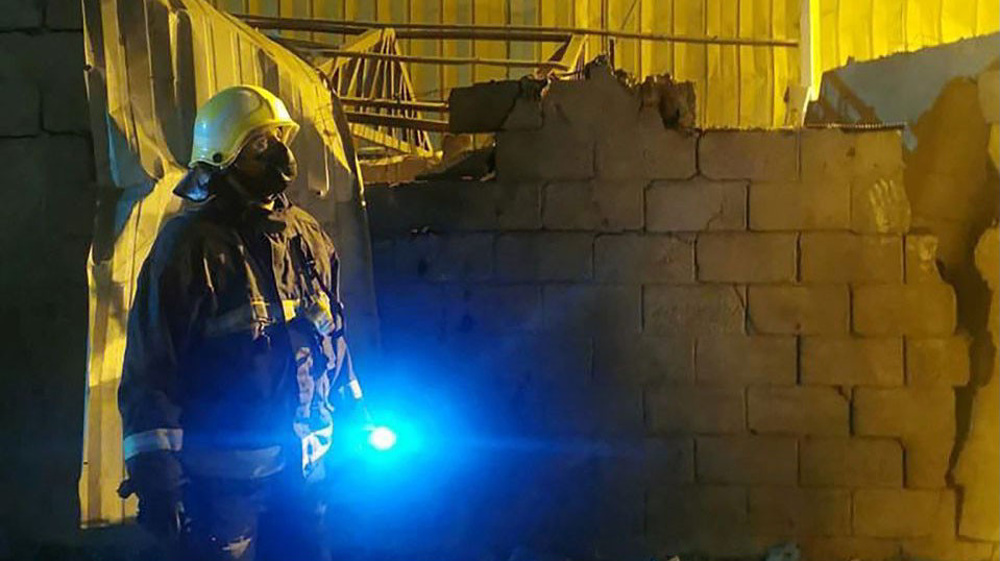
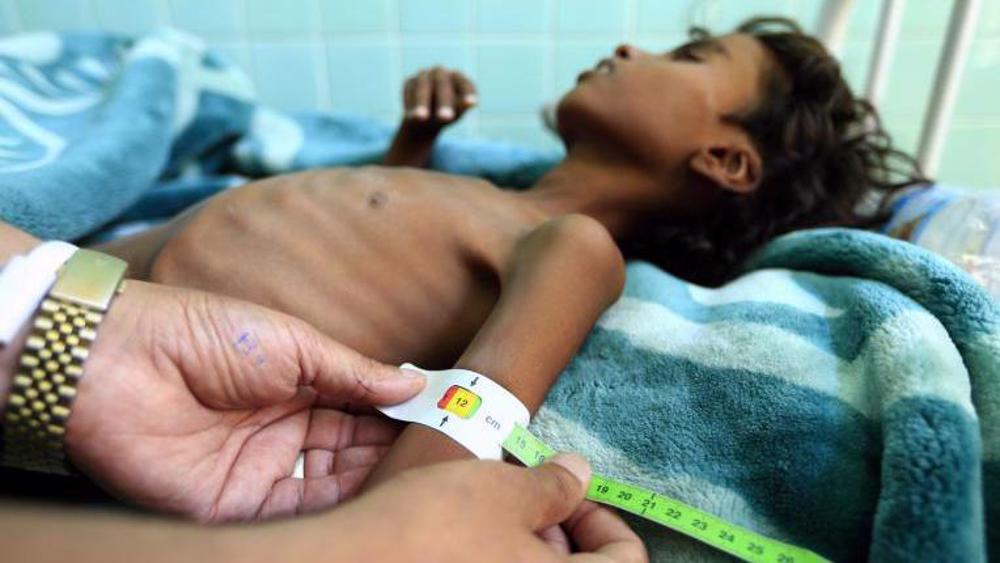






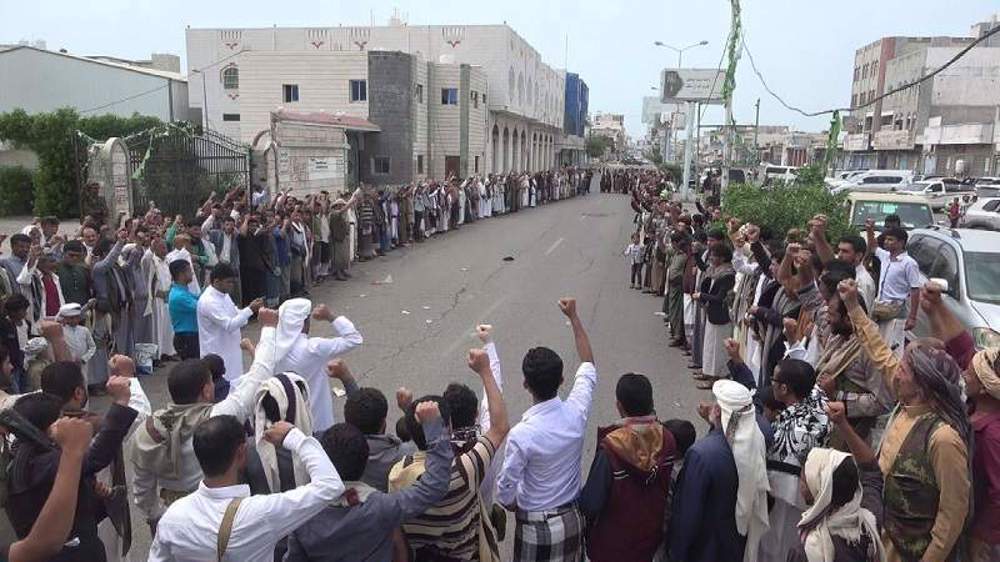
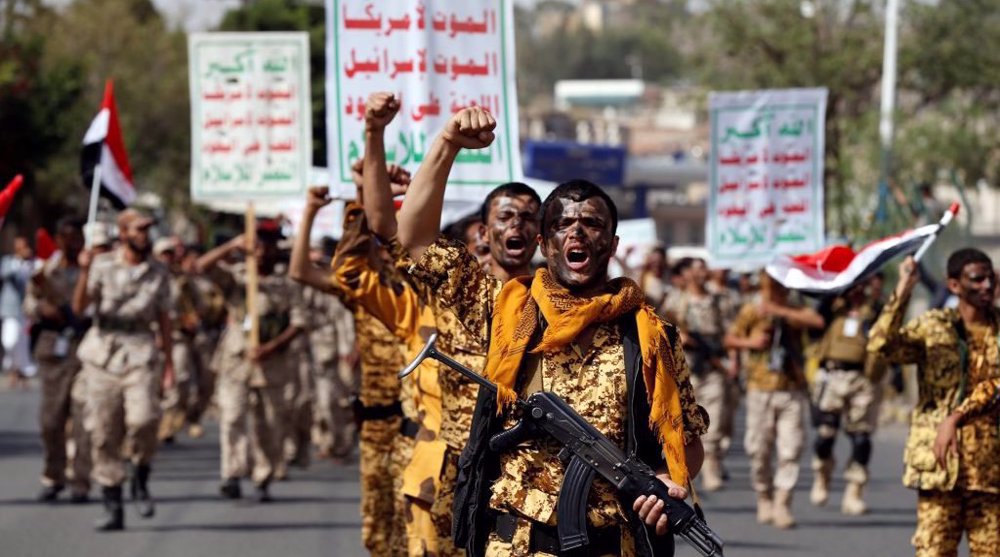
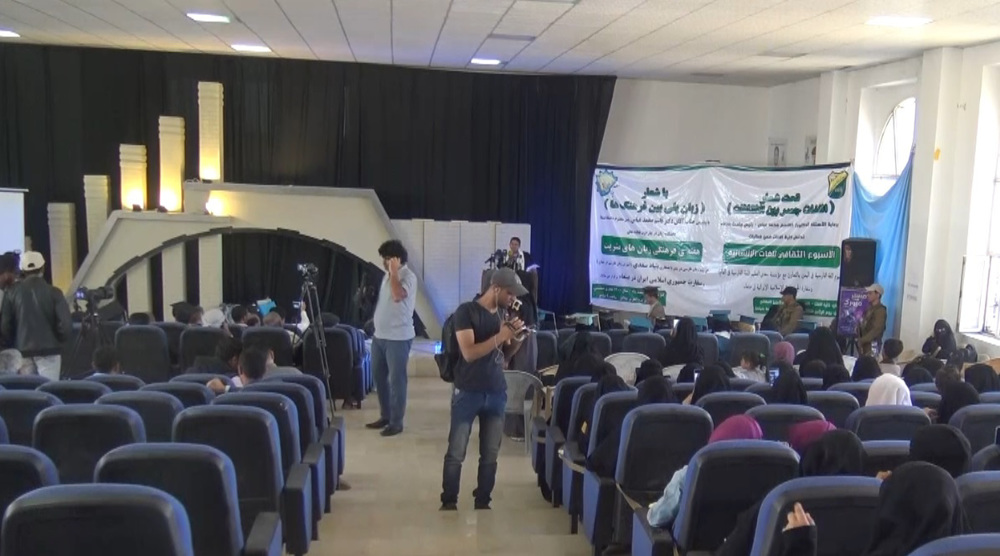
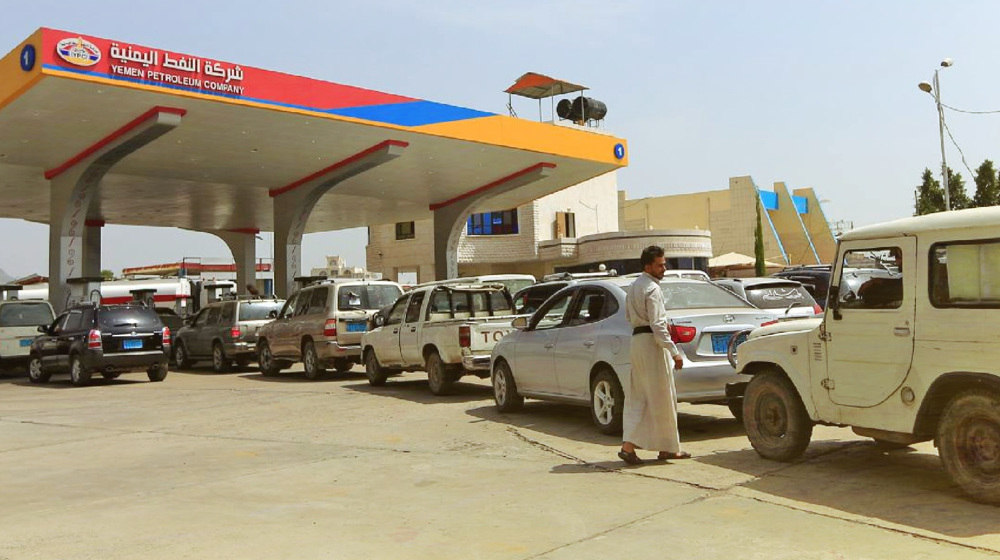

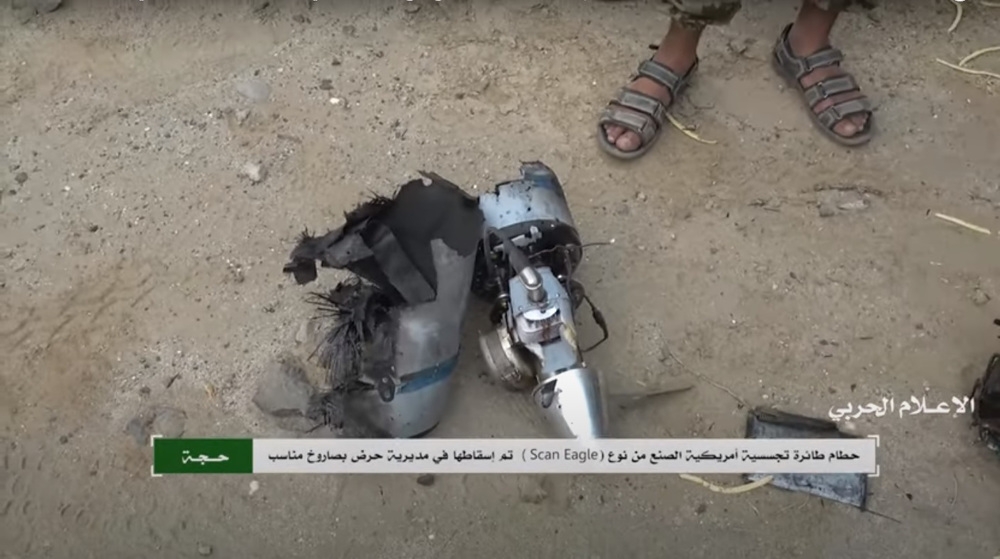
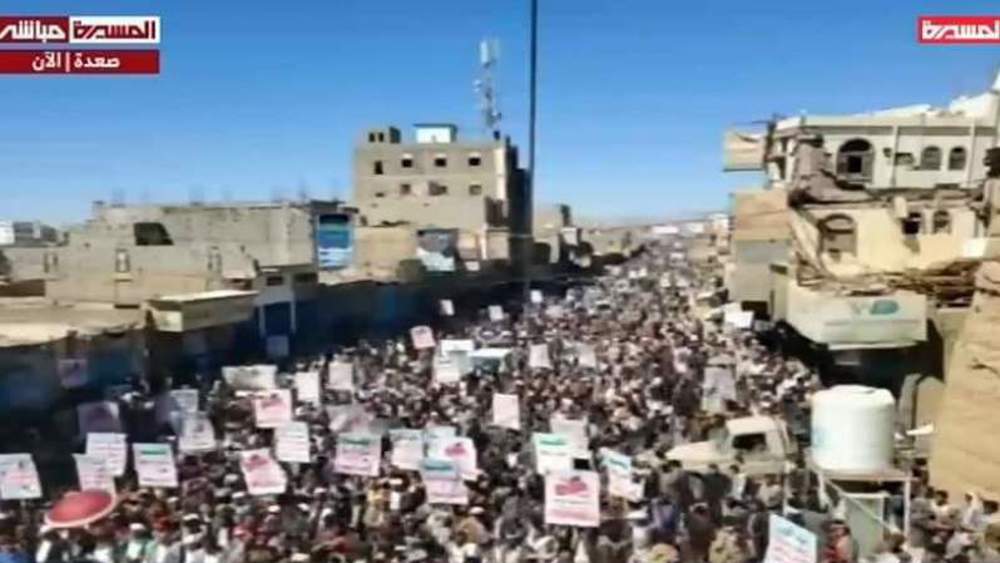

 This makes it easy to access the Press TV website
This makes it easy to access the Press TV website